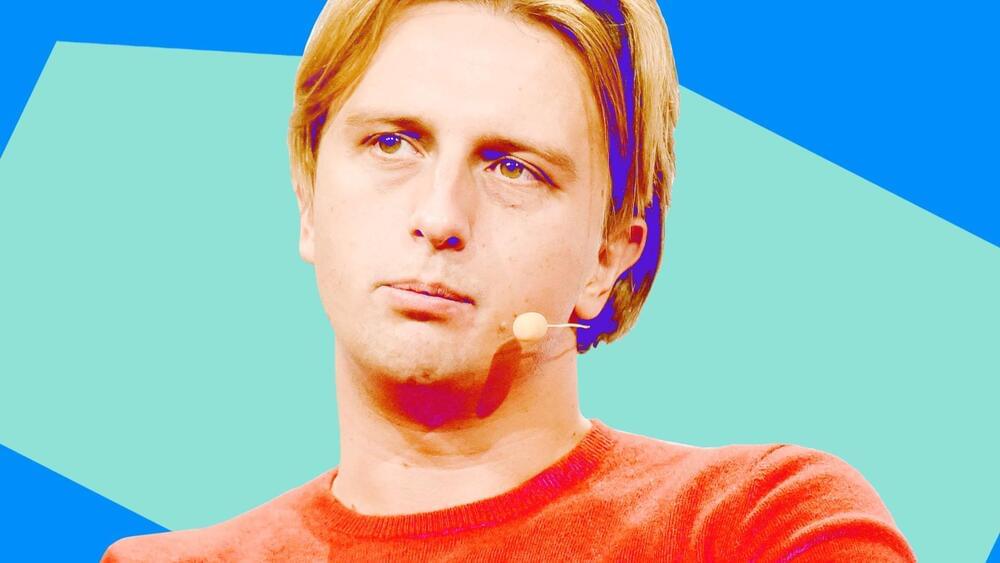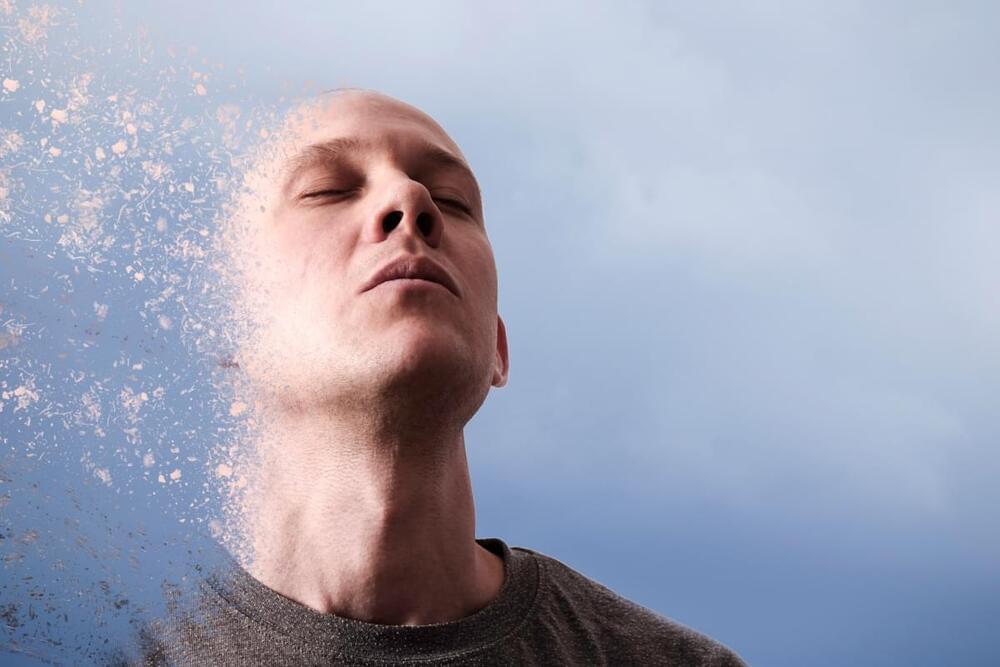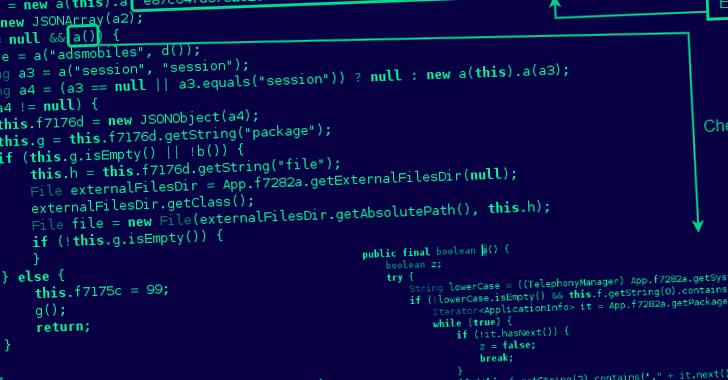Corporate Venturing For Integrated Digital Healthcare Solutions — Bill Taranto, President, Global Health Innovation Fund, Merck
Bill Taranto is President of the Global Health Innovation Fund at Merck (https://www.merckghifund.com/taranto.html) and founding partner since inception in 2010.
Merck Global Health Innovation Fund (Merck GHI) is a corporate venture capital group utilizing a healthcare ecosystem strategy, investing globally in platform companies with proven technologies or business models where Merck’s expertise can accelerate revenue growth and enhance value creation to ultimately develop integrated healthcare solutions.
Merck GHI has $500M under management per an evergreen model and invests broadly in the domain of digital health, and other segments, and has made over 60 investments in portfolio companies, and has over 20 exits. They invest across the segments of Therapy Planning, Care Management, Health Analytics & AI, eClinical Trials and enabling technologies.
Bill has more than 30 years of health care experience including over 20 years of healthcare investing.






